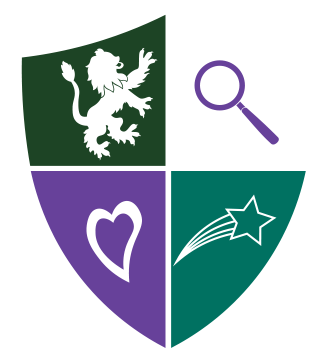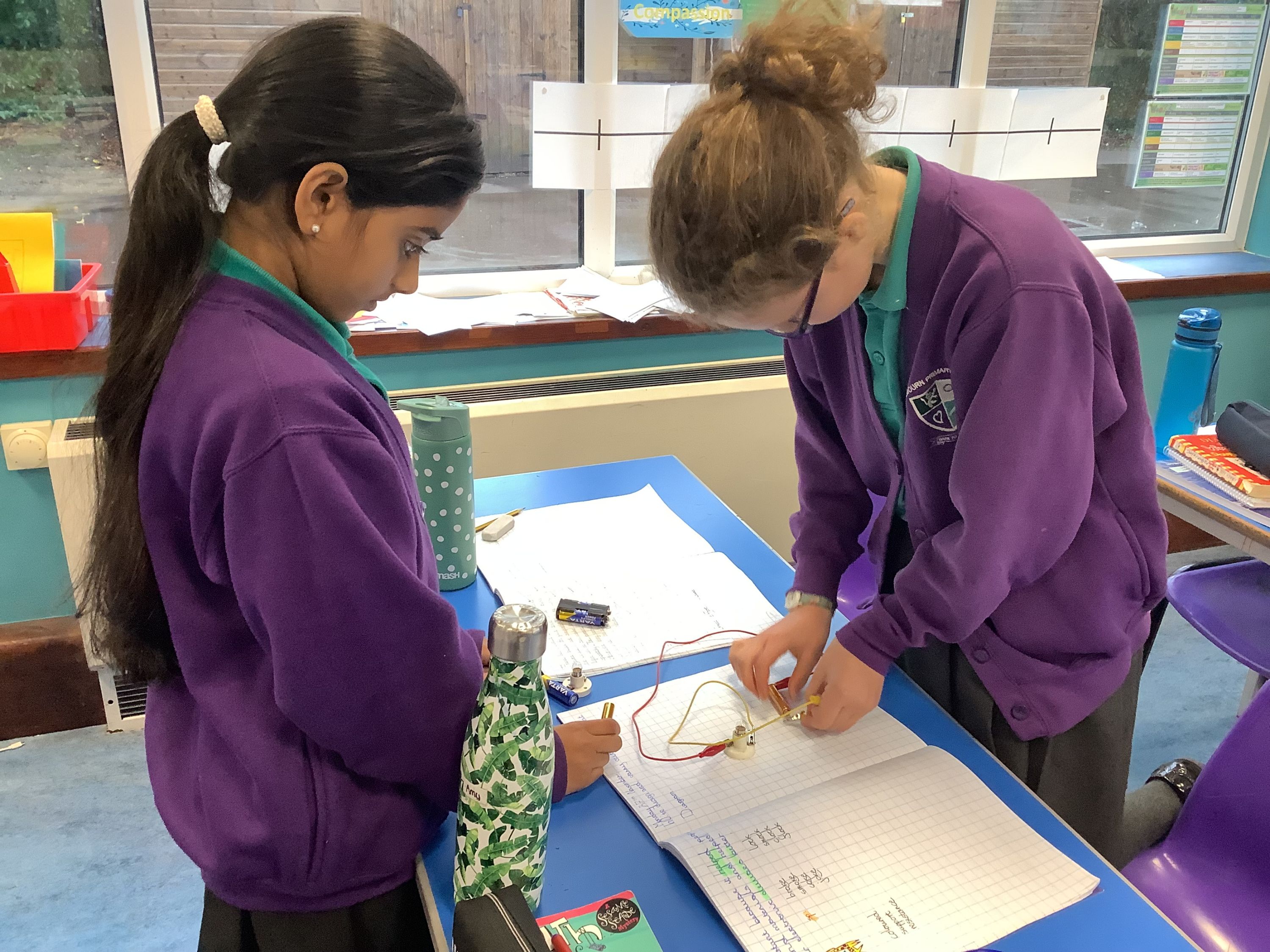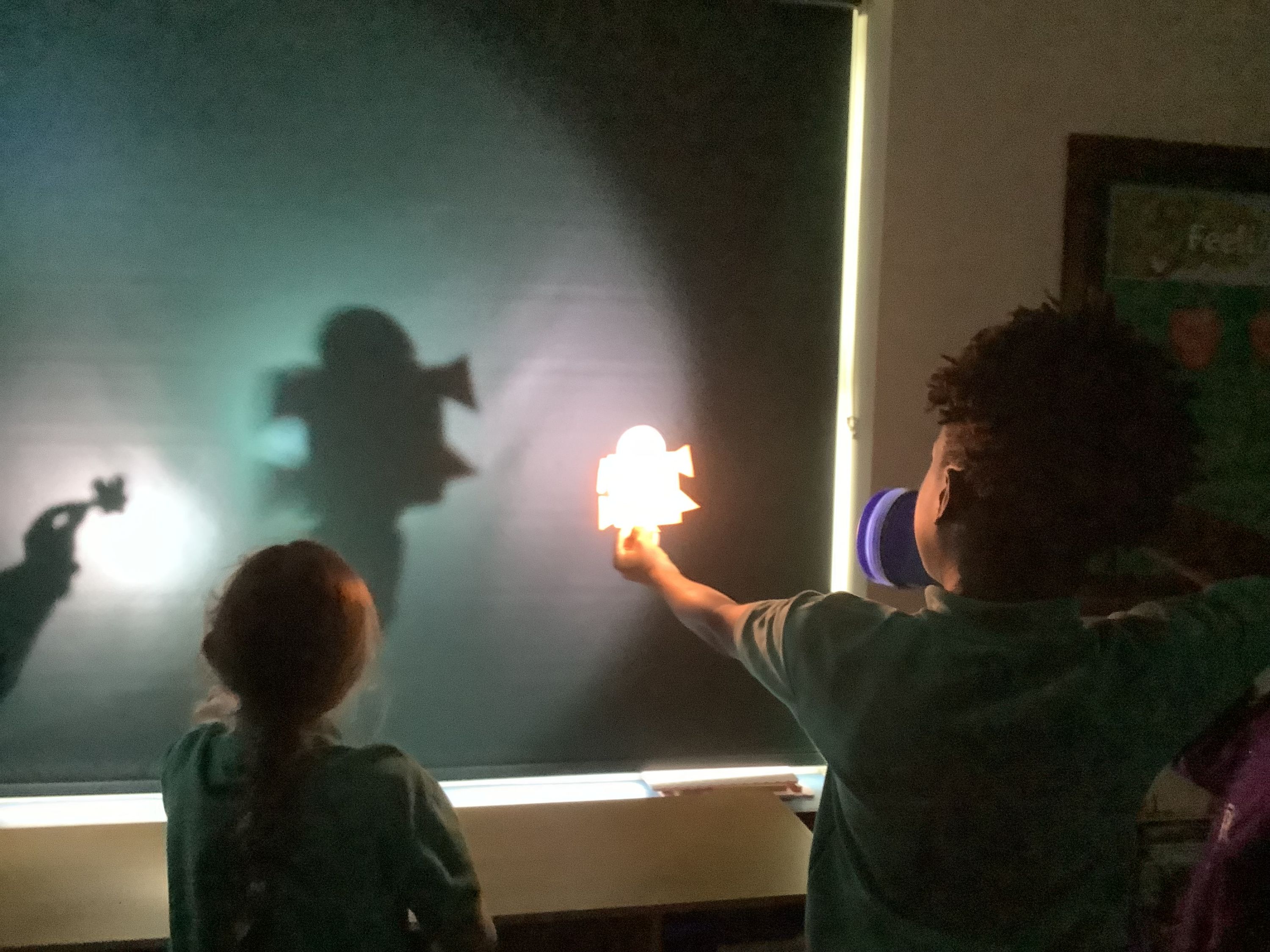Science
Science is a core subject of the National Curriculum and is taught weekly in a discrete lesson to all children in Key Stages 1 and 2 in Fulbourn Primary School.
Our Science leader is Mr Peter Edwards (currently on Adoption leave - interim leader, Miss Ellie Crowe)
Science has a unique power to excite our curiosity and to inspire passion about the natural world. We teach our children to ask questions, formulate hypotheses and conduct experiments as they explore the world around them. Our science lessons foster the knowledge, skills and attitudes they need to investigate and understand natural phenomena. We have designed our science curriculum to:
- Give children the confidence to explain natural phenomena and to practise scientific methods, always considering how we can prove our knowledge, and justify our theories.
- Ignite wonder and encourage independent enquiry, so that every child believes science is for them.
- Build an appreciation that science is an ongoing project that benefits all humanity. We teach the children about a diverse selection of scientists from the past and we explore how their ideas and their work changed people’s understanding of the world.
Use the sections below to find out more about science at Fulbourn:
Curriculum Overview - here you will find the detail of how our curriculum is structured and what you can expect your child to be taught when.
Enriching Experiences - here you will find details of the ways in which we broaden our children's experience of science beyond the curriculum.
How Families Can Help - here you will find some simple strategies and ideas to use at home if you would like to support your children's learning in science, as well as details of local organisations or websites that you may find relevant.
How We Teach Science - here you will find details of how we implement our curriculum aims and what your child can expect during a science lesson at Fulbourn.
Key Vocabulary - here you will find the most important words that your child needs to understand in order to achieve well in science. Knowing and using these words yourself in conversation with your child is the most important thing you can do to help your child's learning.


